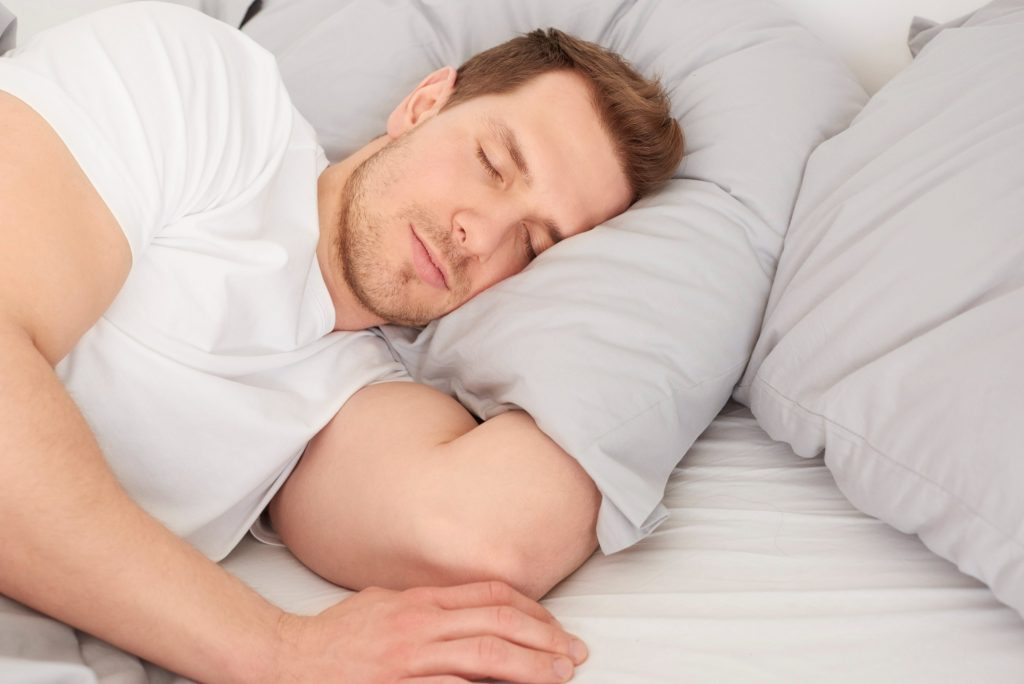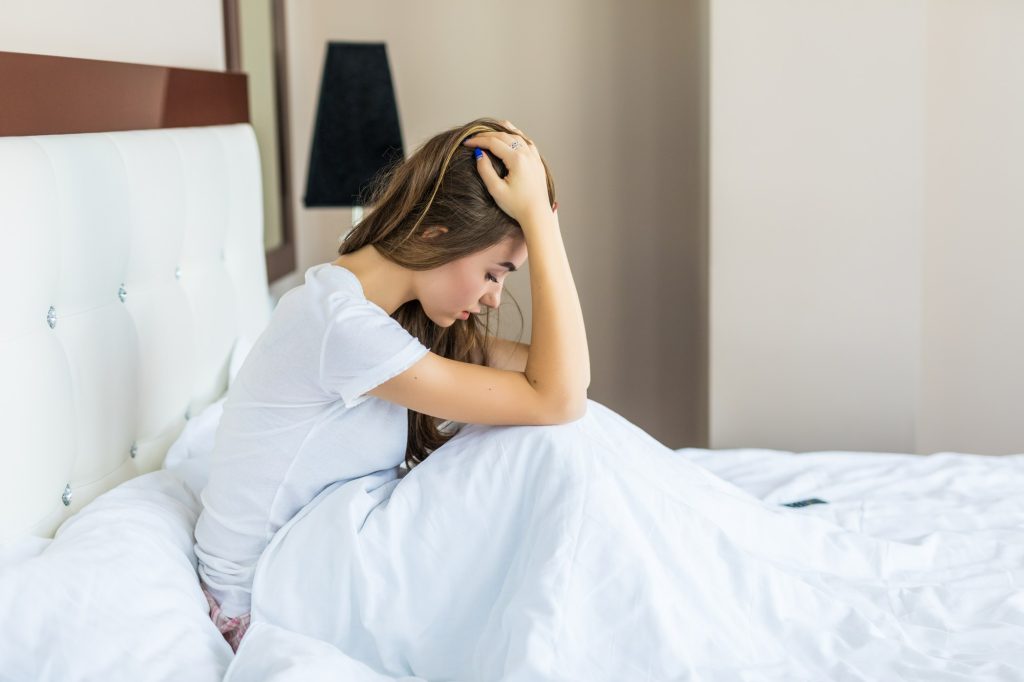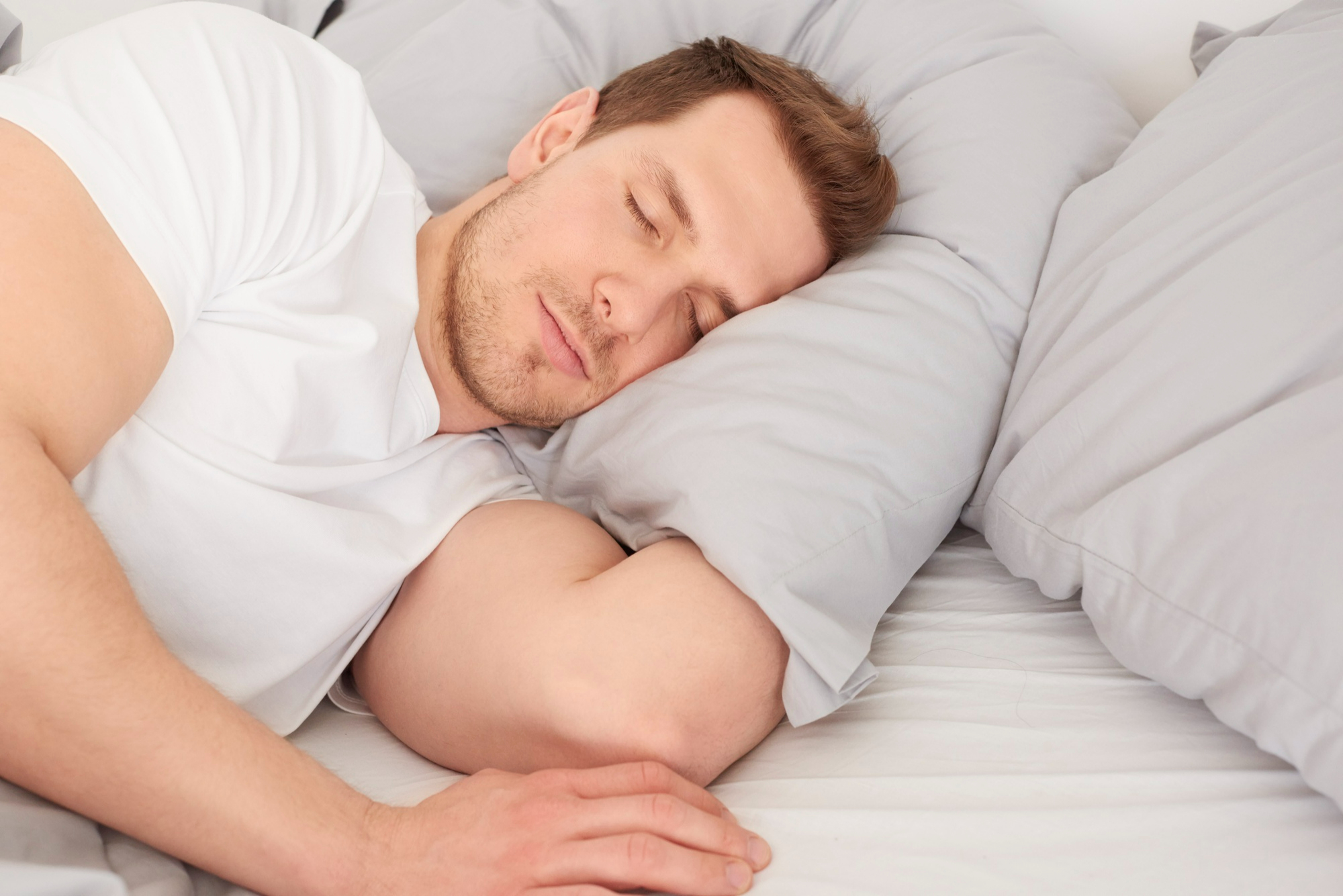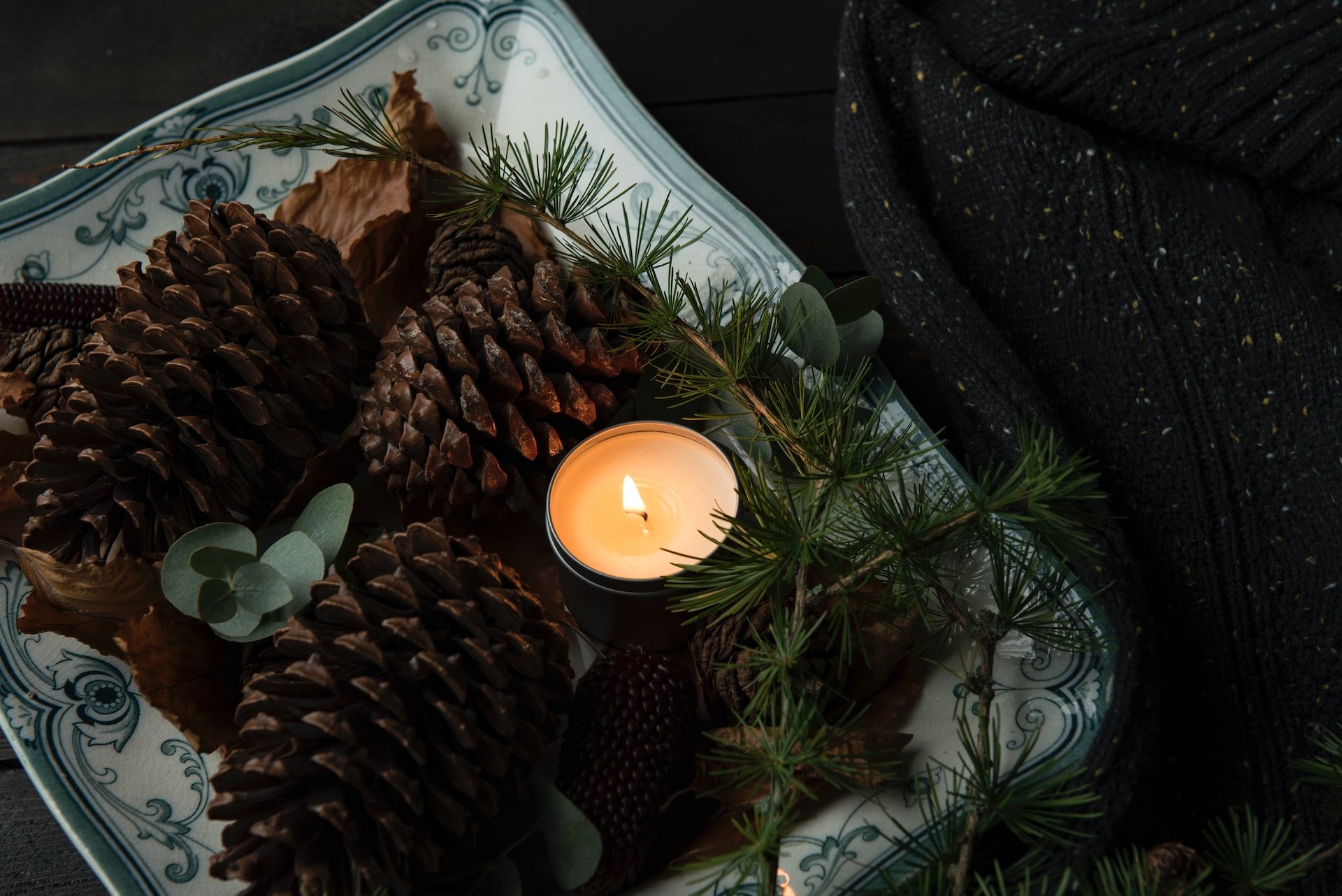
Image by Freepik
Have you been having trouble falling asleep at night and have tried a variety of methods to sleep better and have good night? You could have acted on your beliefs on sleep or sought advice from friends and family. We’re here to debunk a few of the prevalent truths and myths about sleep since some of the things you tried may not have worked.
7 Common Myths About Sleep

Image by Freepik
1. Adults Don’t Need A Lot Of Sleep
The idea that adults don’t need a lot of sleep is a misconception, despite the fact that it appeals to many since it would free up several hours for other activities. Many folks believe they can get by on fewer than five hours of sleep each night and yet operate normally.
This widespread myth about sleep is untrue. Depending on the individual, 7 to 10 hours a night is considered to be the optimum amount of sleep. According to the Centers for Disease Control and Prevention, over 30% of Americans sleep fewer than 7 hours every night, which may have major detrimental effects on their health.
Lack of sleep, such as sleeping for fewer than 7 hours per night, causes irritation, anxiety, and even melancholy. Other health issues including cardiovascular disease, high blood pressure, obesity, diabetes, dementia, and early death are all associated with sleep deprivation. Although, sleep better is important too as an amount, unless lack of sleep.
Contrary to popular belief, get a couple additional hours of sleep!
2. Snoring Does No Harm
The majority of us believe that snoring is harmless, despite the fact that everyone acknowledges that it can be a disturbance a sleep better of anybody sleeping in the same room as you. However, if you ignore the snores, you might get into problems since persistent snoring indicates an obstruction to your airways. Snoring is an indication that something is wrong, whether it be due to sleep apnea, allergies, the common cold, or another ailment.
Snoring might be a sign of obstructive sleep apnea, which prevents you from sleeping deeply or reaping the full benefits of your time in bed. If you snore every night or wake up feeling as if you can’t breathe, you won’t be getting the most out of your time in bed. Snoring does no harm? It is a wrong myth about sleep, not truth.
A higher risk of heart disease or heart attacks, asthma, high blood pressure, cancer, and behavioral difficulties may result from having sleep apnea. You may receive the sleep you need to enjoy each day by treating your sleep apnea with an oral appliance.
3. Is an Apple Eaten At Night Poisonous?
Golden apples are eaten in the morning, silver apples at midday, and toxic apples at night, according to a proverb. It’s even been said that eating apples at night is preferable to ingesting arsenic. So, are apples truly toxic if consumed at night? Don’t trust rumours, according to nutritionists; they lack a solid scientific foundation.
But it is also the fact that eating any food, not just apples secrete stomach acid and also our stomach’s absorption rate is not as optimum as during the day, so it is not recommended to eat right before sleep. Therefore, even though eating apples or any other food at night won’t make you sick, it’s still not a good idea to do so, particularly before bed. Suppress eating something for good night.
4. Drinking Will Make You Sleepy
It is the worst myth about sleep! Have you ever consumed a nightcap with the hope that it would make you fall asleep? Despite the fact that consuming alcohol before bed may help you sleep more soundly, it really has a very detrimental impact on your sleep.
If you drank alcohol before going to bed, you won’t get as much REM sleep that night, and even if you get 8 hours of sleep, you won’t feel refreshed when you wake up. Even while you may have saved a few minutes by falling asleep straight immediately, the quality of your sleep is impacted, so you aren’t receiving the full benefit of the time you spent in bed.
5. I Love That I Can Sleep Anywhere
Do you believe that you can sleep almost anywhere? This may not be as advantageous as you may believe if you sleep while traveling by car, plane, or train to work. If you can fall asleep at any time and anyplace, you are not well-rested and may even be experiencing sleep deprivation.
If you tend to nod off whenever you have a chance to relax, you undoubtedly take several micronaps throughout the course of the day. Micro sleep episodes are a sign that your body is so exhausted that it will attempt to catch up on sleep anytime it has even a little moment to spare.
Sleeping deeply in a certain place is rather sleep better.
6. If You Sleep With The Lights On, You Get Cancer
No, it is a wrong myth about sleep. Sleeping with the lights on won’t cause you cancer but there are some other things you might be concerned about. Your brain finds it challenging to fall asleep more deeply when exposed to light when you’re sleeping. Your brain oscillations (activity) that enable you to enter deeper phases of sleep are significantly impacted by how little or no sleep you receive at night.
A quiet, dark and calm environment is necessary for good night. Lack of sleep may swiftly escalate into hazardous health problems that go beyond the following morning’s grumpiness, depression and insomnia.
Tired No Matter How Much You Sleep? Follow 10 Easy Ways for Sleep Hygiene!
7. Sleep ASMR Has No Scientific Effect
The Autonomous Sensory Meridian Response is referred to as ASMR. It is an emotional and sensory response to certain stimuli. When an ASMR trigger is soft or mild, such as being softly caressed on the cheek or hearing a whisper, it often results in a tingling feeling that starts at the top of the head.
Relaxation is the primary goal of ASMR use. In fact, a recent poll indicated that more than 25% of participants utilize ASMR every day for relaxation. People claim that hearing ASMR sounds might make them feel happier and less stressed. Additionally, recent studies indicate that ASMR may be helpful in improving sleep. Delta waves (brain waves) generated when falling into deep sleep or meditation) temporarily increased.
As a result, it is good if you have lack of sleep. Try it.
Use Alarmy to Sleep Better
Have you seen The Alarm Clock can Help You Sleep better and increase your sleep quality? Alarmy can!
Do sleep apnea makes you have lack of sleep? Do you want to have good night? Sleep sounds might help you sleep better and wake up better.
More than 700 sounds, including those from nature, ASMR, white noise, meditation, stories, and other calming music, are available via Alarmy. Good night with Alarmy!
I used to use youtube for sleep meditation music but now I don’t have to – Install Alarmy



